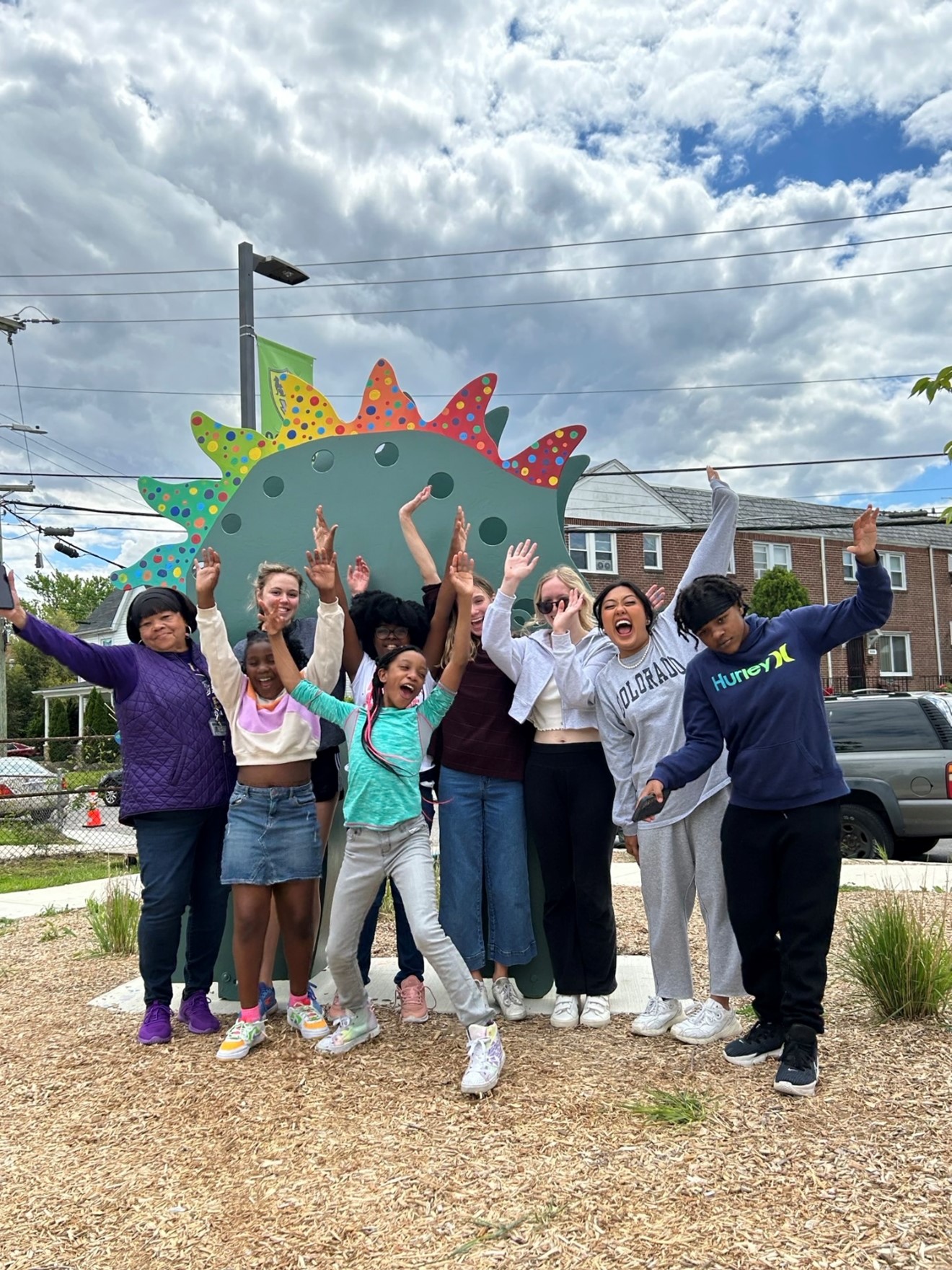Community-Engaged Learning
Overview
Community engagement is central to the Jesuit educational mission and Loyola’s commitment
to transformative student learning. CCSJ works to help students at both the undergraduate
and graduate levels connect their academic work with community goals in mutually beneficial
partnerships.
What is Community-Engaged Learning?
Community-engaged learning (also known as service-learning) is a collaboration between
students and community members in order to learn from one another and build knowledge
together. Students use their skills and course knowledge to support a local organization
achieve their goals. In turn, the experiences students have outside the classroom
enhance the learning that they are doing in class.
Below, you’ll find a list of upcoming community-engaged course at Loyola. If you have
questions about these courses, please contact the instructor listed. For other questions
about community engagement, contact Stephanie Flores-Koulish (sfloreskoulish@loyola.edu), Faculty Director for Community-Engaged Learning and Scholarship.

Students and community members in Professor Billy Friebele’s Public Art class